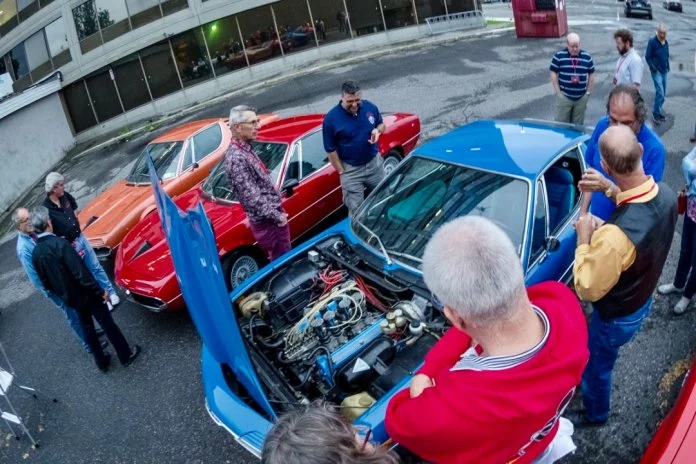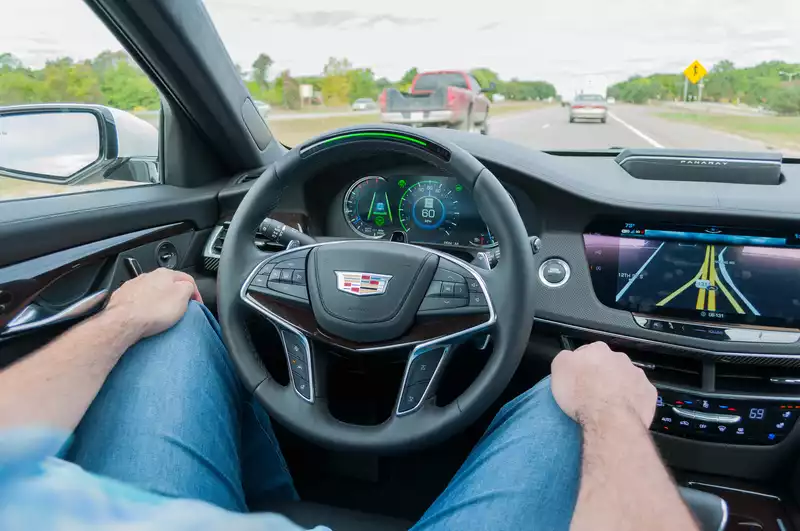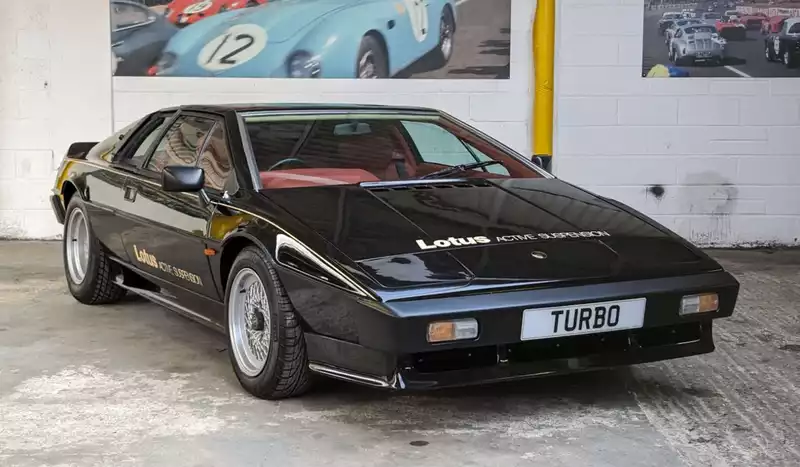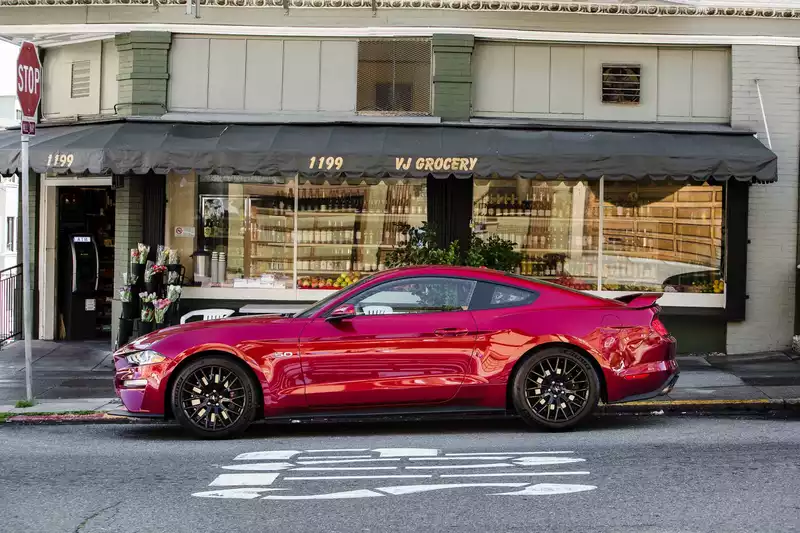Tips for buying your first collector car

So, you're about to purchase your first collector car and are wondering where to start. I'm here to help you and bring you the experience of owning more than one such car over the years - and I've done it right and done it wrong.
And now I want to help you benefit from my collector car buying experience so that your first or perhaps next car will be one that you can love and enjoy while avoiding the mistakes of making that purchase. Я.
First of all, you need to decide what type of collector car you want to purchase. Is it a European sports car or a GT class car? A car with an iconic design? Or do you want to purchase an American luxury car or a Detroit muscle car? Perhaps you are considering buying a Japanese car.
Making that decision is the first step in the process.
The next step after choosing a car is to find one that you can drive. Ideally, this should be done on a non-sales car that is privately owned and not at a dealership.
To do this, contact the car club associated with your dream car, reach out to its members via the bulletin board on the club's website or social media pages, and say that you are in the market to buy one of these cars and would like to drive it before buying. By saying.
This is important because you need to make sure that the car you are looking for is really right for you. You may find that the car you want has terrible seats, or that the particular car you are considering is actually too simple or complicated for you, or that you simply won't be able to fit in it.
By complex, we don't mean computers, but rather synchronized transmissions, two-stroke engines that require you to add oil every time you fill them up, or the need for expensive maintenance.
So you may realize that what you really want is not a classic Hemi Cuda or MGB, but a new Dodge Challenger Hellcat or BMW Z4. This is where you need to listen to both your heart and your head.
Any of these options make sense if the car best fits your lifestyle, expectations, and personal preferences. With the exception of inflated expectations of a car, there is no wrong choice.
If, after driving a car, you still want to buy one, join a car club immediately.
Once I make an informed decision that my dream car is something I really want to own, all I do is find the best books written about that model.
Yes, there is a lot of information on the internet, but not all of it is correct. Books that focus on a specific car model have been more thoroughly vetted, and the information gleaned from them can make you a more educated buyer. Many of these books also give a good idea of the actual cost of owning the car in question.
The next thing to do is research car prices and find out how much it actually costs to buy (and operate) a good one. This is because if restoration is not your goal, you want a car that you can drive and enjoy right away.
There are several ways to determine the value of a car. One of them is the online tool Hagerty Valuation. You can use it to get a general idea of the value of your dream car, but don't stop there. Next, check out sites like AutoHunter.com and Bring a Trailer for the latest price trends.
The final step is to store around - online sites like ClassicCars.com are well known, but don't overlook club sites. Often member-owned cars are better described, offer more specific information and, as a bonus, sometimes cost less, plus you can not only see the car before you buy, but drive it.
Also talk to your new acquaintances in the club. They may know owners who are ready to sell a car but have not yet advertised it for sale. Club members often find out about cars for sale before they are even advertised, so you may be able to get a good deal.
In any case, if you've found the perfect car that's within your budget, be sure to get a pre-sale inspection from an expert on the model. This will help save you money while giving you an idea of what needs immediate attention.
However, it is also important to realize that collector cars, especially those over 25 years old, are basically impossible to be perfect. Unless the car has just been restored in a workshop like Paul Russell and Company, the collector car I am buying is going to need something.
I always budget at least $1,500 for emergency needs for inexpensive cars like MGBs and Ford Mustangs, about $3,000 for classic Porsche and BMWs, and considerably more for cars like Ferraris and Aston Martins.
It's not something the owner is hiding, it's just a fact inherent in older cars. You may not be buying a new Lexus LS, but you may be buying a car that may be older than yours. Keep this in mind while shopping and make sure you have the money you can afford to purchase the car, and then things will move forward. That way, there will be no surprises.
I hope I haven't discouraged you from the collector car hobby. I have had countless memorable adventures related to this hobby and have made some wonderful friends from all over the world.
The enjoyment, camaraderie, and experience I have gained has more than offset the associated costs, and I wouldn't trade the decades spent in the collector car hobby for anything.
This article, written by Andy Reed, was originally published on ClassicCars.com, an editorial partner of Motor Authority.
.




